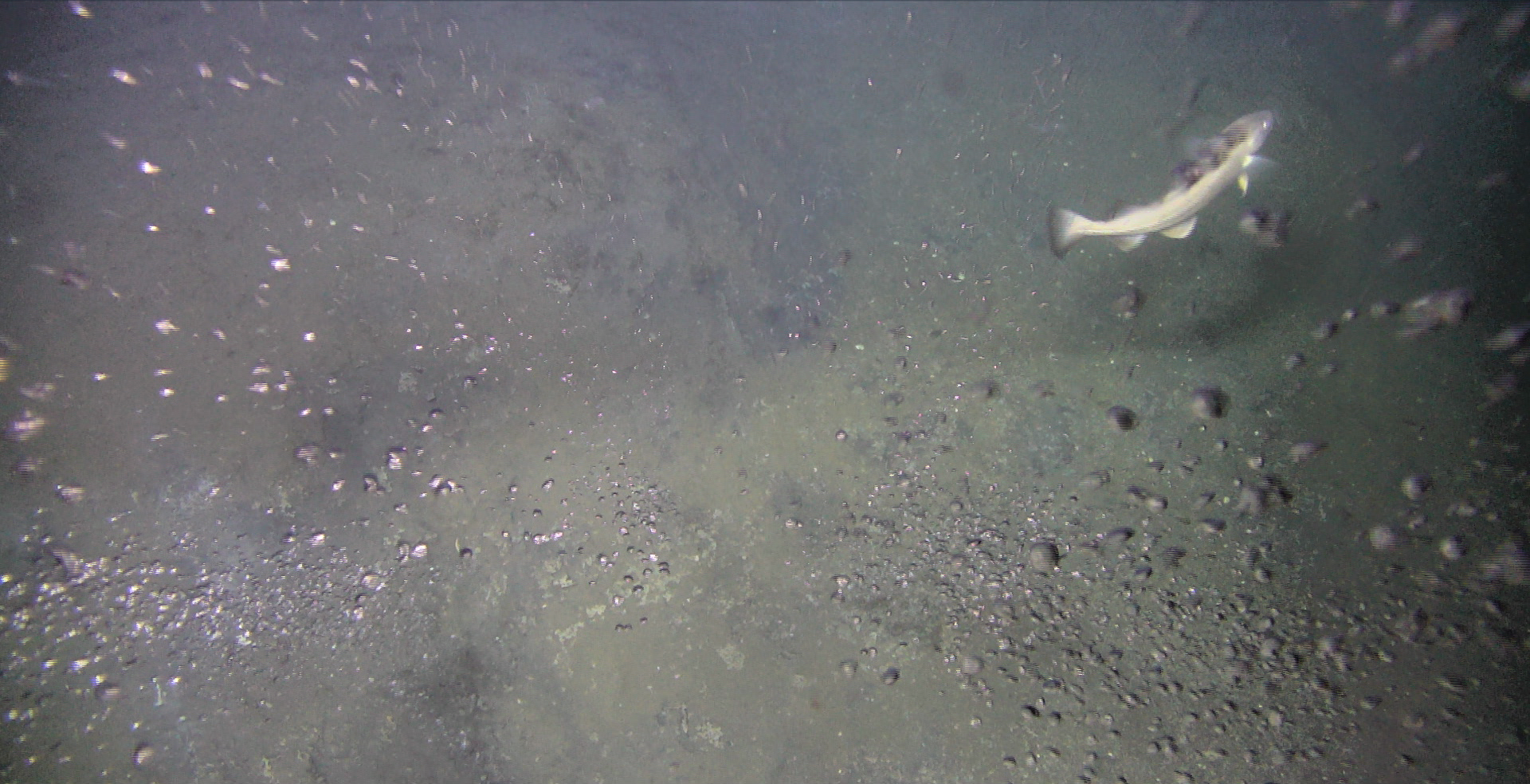Research article on natural oil and gas seeps on the Norwegian shelf

A number of natural gas leaks – primarily methane – have been observed on the seabed south of Svalbard. Photo: CAGE
6/7/2023 The scientific data being presented in a new research article documents one of the largest gas seepage areas in the Arctic Region.
The article also documents natural oil seepage in the Barents Sea.
The article Widespread natural methane and oil leakage from sub-marine Arctic reservoirs is the first research article from the NPD’s collaboration with the Center for arctic gas hydrate, environment and climate and the University of Tromsø. It was first published in the prestigious journal Nature Communications.
Rune Mattingsdal, NPD geologist, is one of the authors of the research article:
“The article argues that the Barents Sea could be one of the most active global ‘hotspots’ for natural seepage of methane gas under water”.
Abstract:
Parceling the anthropogenic and natural (geological) sources of fossil methane in the atmosphere remains problematic due to a lack of distinctive chemical markers for their discrimination. In this light, understanding the distribution and contribution of potential geological methane sources is important.
Here we present empirical observations of hitherto undocumented, widespread and extensive methane and oil release from geological reservoirs to the Arctic Ocean. Methane fluxes from >7000 seeps significantly deplete in seawater, but nevertheless reach the sea surface and may transfer to the air.
Oil slick emission spots and gas ebullition are persistent across multi-year observations and correlate to formerly glaciated geological structures, which have experienced km-scale glacial erosion that has left hydrocarbon reservoirs partially uncapped since the last deglaciation ~15,000 years ago.
Such persistent, geologically controlled, natural hydrocarbon release may be characteristic of formerly glaciated hydrocarbon-bearing basins which are common across polar continental shelves, and could represent an underestimated source of natural fossil methane within the global carbon cycle.
Director Communication, public affairs and emergency response
Updated: 6/8/2023